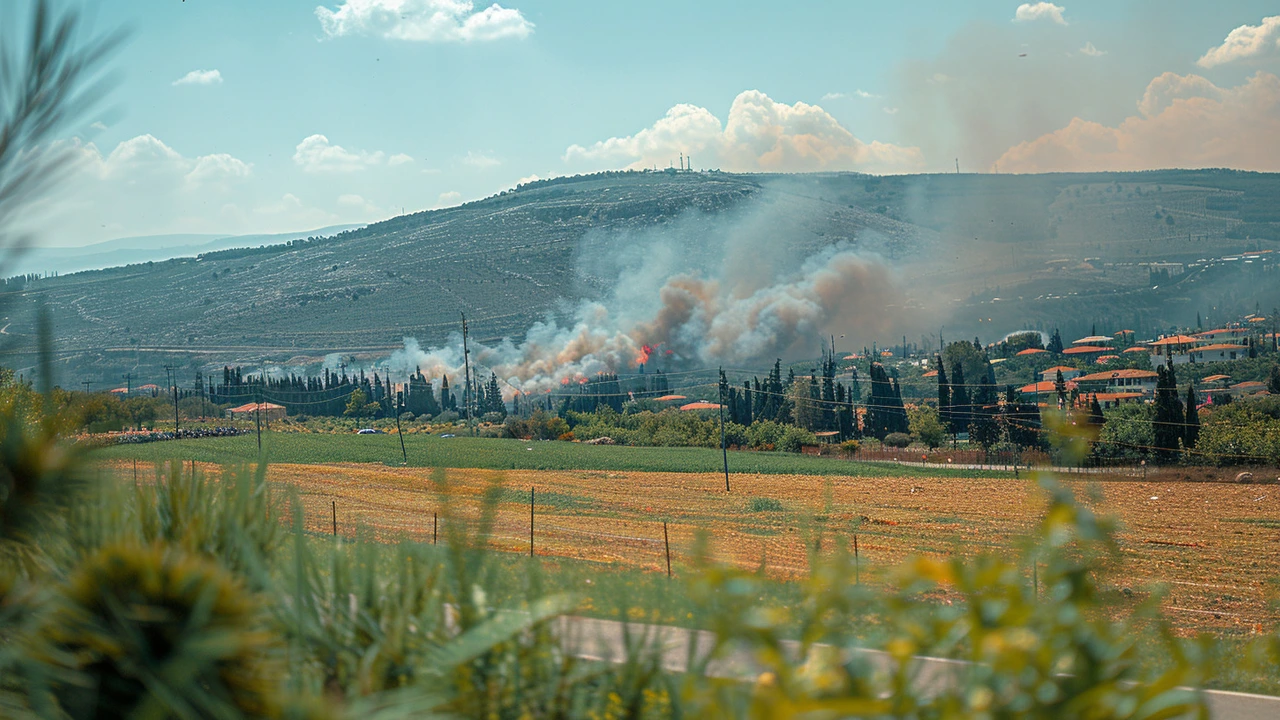Hezbollah: Understanding the Group and Its Impact
Hezbollah is a prominent political and militant group based in Lebanon, known for its significant influence in the Middle East. Established in the 1980s, it started as a resistance movement but has since grown into a complex organization with a military wing, political leadership, and social services. Understanding Hezbollah helps explain many dynamics in Lebanese politics and regional conflicts.
The group has deep ties with Iran and Syria and often finds itself at the center of tensions involving Israel and Western countries. Hezbollah's military operations, particularly its stance against Israel, have led to multiple conflicts and ongoing security challenges in the region. It also plays a major role in Lebanon's political scene, holding seats in parliament and participating in government coalitions.
Political Influence and Social Role
Beyond military actions, Hezbollah is involved in social programs, providing hospitals, schools, and welfare services to many Lebanese citizens, especially within Shiite communities. This social role has helped the group build strong support on the ground. However, its involvement in Lebanon’s politics is controversial, as critics blame it for fostering instability and undermining state authority.
Current Developments and Regional Impact
The situation around Hezbollah remains tense. The group's activities continue to affect Lebanon's relationships with neighboring countries and influence broader Middle Eastern geopolitics. Keeping an eye on the latest news about Hezbollah is key to understanding ongoing conflicts, peace efforts, and shifts in power within Lebanon and beyond.
For updates on Hezbollah’s role in the Middle East, political shifts, and conflicts, stay tuned to South Africa Buzz News. We provide timely, reliable coverage that helps you follow these complex stories with clarity.

Hezbollah Leader Hassan Nasrallah Threatens Cyprus Over Potential Support to Israel Amid Rising Tensions
Hezbollah's leader Hassan Nasrallah recently issued a threat against Cyprus, indicating that the small EU country could become a target if it provides military support to Israel in an upcoming conflict. This announcement coincides with rising tensions between Israel and Hezbollah. Cyprus, an island nation strategically located and friendly with both Israel and the EU, is now caught in the crossfire of these complex geopolitical tensions.